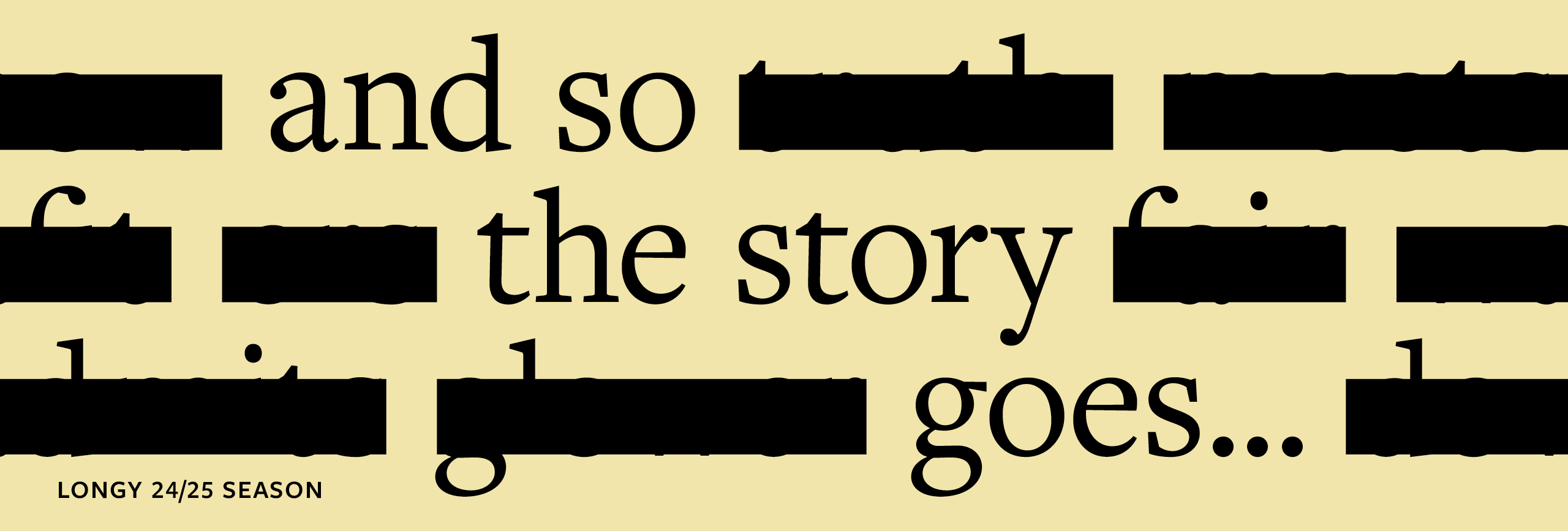Louise Farrenc (1804-1875)
Farrenc is a female French composer who was a composer, teacher, and pianist. She was a performer for most of her early life before settling down with her husband to become a music publisher. In 1842, she became a professor at the Paris Conservatory, in which, after a performance of her notet, she had demanded for equal pay, similar to her male coworkers, and had received the salary that she demanded.
César Franck (1822-1890)
Born in Belgium, Franck was known for being a pianist, organist, teacher, and more importantly, at least amongst violinists, a composer. Moving to Paris later in his adult life, he too, like Louise Farrenc, became a professor at the Paris Conservatory, only in 1872, about thirty years after Farrenc had. When Franck was 63, he had written the Violin Sonata to Ysaye, who would be known as a great violinist/violin-composer in modern times, as a wedding present.
Ethel Smyth (1858-1944)
Being the oldest out of the three, Smyth was an English composer who, like Farrenc, faced obstacles throughout her life as a composer. Unlike Farrenc who faced issues regarding pay (until her notet was played), Smyth faced an issue in regards to her quality of compositions not being on-par with her male competitors. Regardless she was granted Damehood, the first for any female composer of her time. In 1910, she would give two years to join the Women’s Social and Political Union, resulting in many events in her life, one of them being sent to prison for two months. Another thing to note was in 1892, there was writing in which she sent to Henry Bennet Brewster in which she writes about how she questioned her sexuality and mental state as she found it much easier to love females than males.




